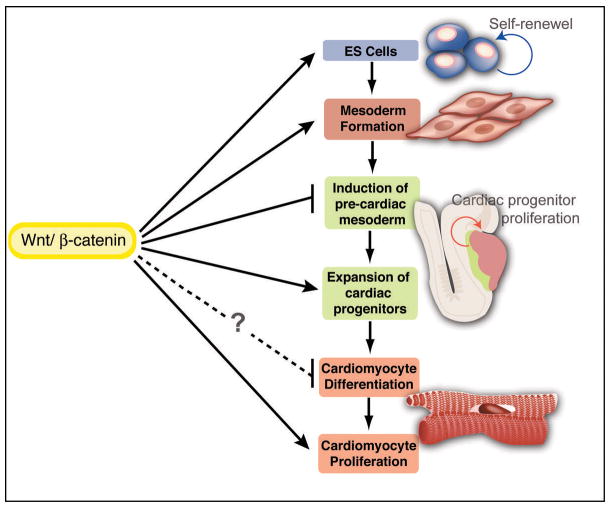Figure 3. Positive Inputs of Canonical Wnt Signaling at Multiple Stages of Mammalian Cardiogenesis.
The diagram summarizes involvement of Wnt/β-catenin signaling during the course of mammalian heart development. Wnt/β-catenin signaling promotes the self-renewal of ES cells and is required for mesoderm formation (in vivo and in vitro). After mesoderm forms, Wnt/β-catenin signaling promotes the proliferation of cardiac progenitors (in vivo and in vitro) and is required for cardiomyocyte proliferation (in vivo). The antagonistic role of Wnt/β-catenin signaling in the induction of cardiac mesoderm in a cell-autonomous fashion has not been addressed in vivo, but inhibition of Wnt function in a discrete developmental window is likely required for induction of cardiac mesoderm. The precise role of Wnt/β-catenin signaling in cardiomyocyte differentiation remains to be determined.

